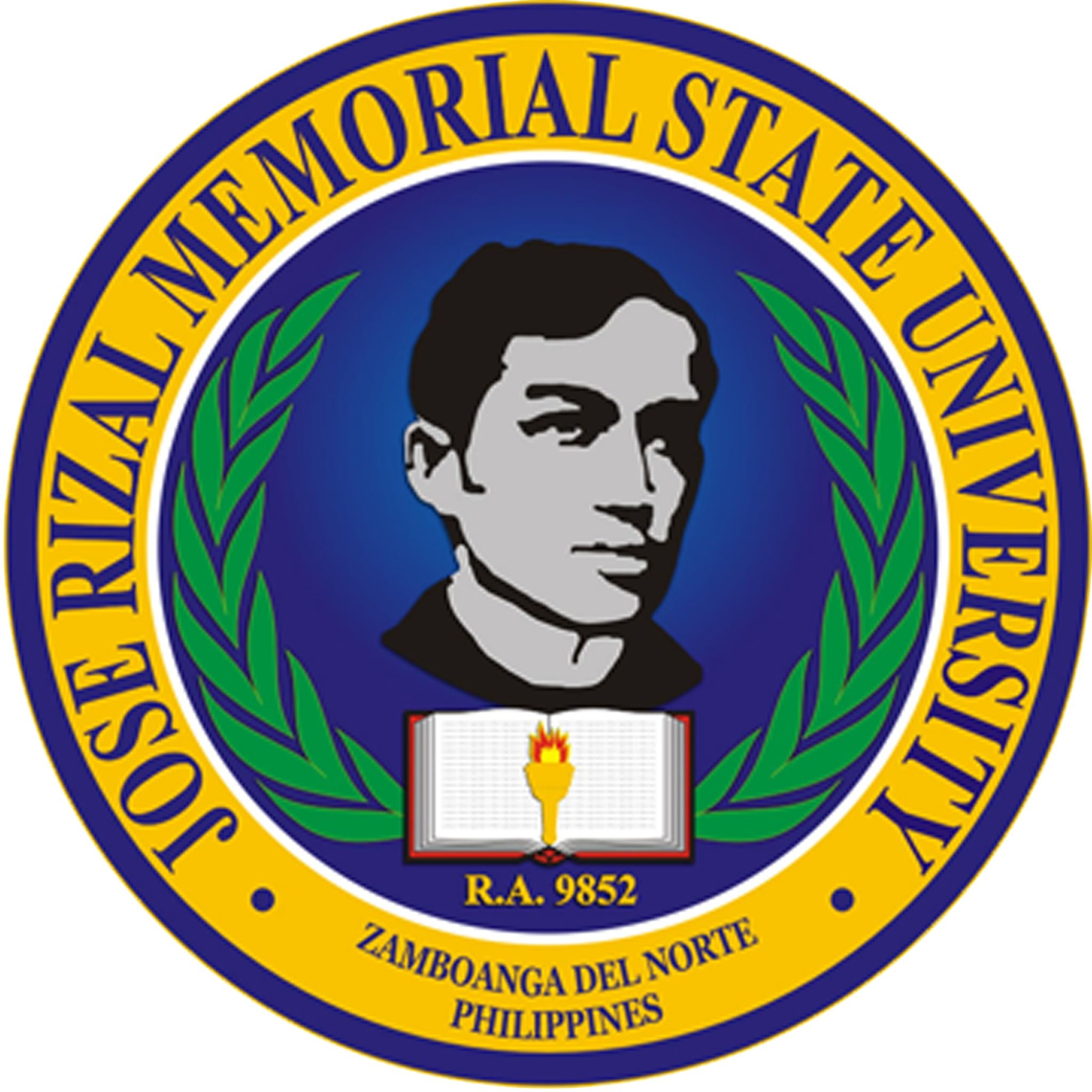ROOTED RESILIENCE: INDIGENOUS KNOWLEDGE AND CLIMATE ACTION IN THE PHILIPPINE HIGHLANDS
Keywords:
Indigenous knowledge, climate resilience, ecological behavior, Philippine highlands, traditional adaptation, SDG 13Abstract
Indigenous communities in the Philippine highlands maintain ecological knowledge systems rooted in cultural heritage and spiritual ties to the land. This study examines how an upland indigenous community in Barangay Carmen, Misamis Occidental, perceives climate change and engages in adaptive ecological behaviors. Using a descriptive-correlational quantitative design, data were collected from 115 respondents through structured interviews, employing the Climate Change Risk Perception Scale (CCRPS) and General Ecological Behavior Scale (GEB-50). Findings indicate a moderate perception of climate change risks (M = 3.29), particularly in terms of severity and personal vulnerability, and a high frequency of sustainable practices (M = 3.98), notably in biodiversity protection, sustainable consumption, and waste management. Lower engagement was observed in energy conservation and climate advocacy. A significant positive correlation (r ≈ 0.30, p = 0.005) was found between risk perception and ecological behavior, with education emerging as a key factor. Despite limited formal climate education, the community's environmental actions reflect deep-rooted traditional knowledge. These findings underscore the critical role of Indigenous ecological wisdom in enhancing climate resilience at the community level and align with the Climate Change Act (RA 9729), Indigenous Peoples' Rights Act (RA 8371), and the National Climate Change Action Plan, contributing to Sustainable Development Goal 13. It recommends integration of Indigenous perspectives into policy, education, and local climate action, highlighting the practical implications of this research for shaping effective climate policies and educational strategies.





